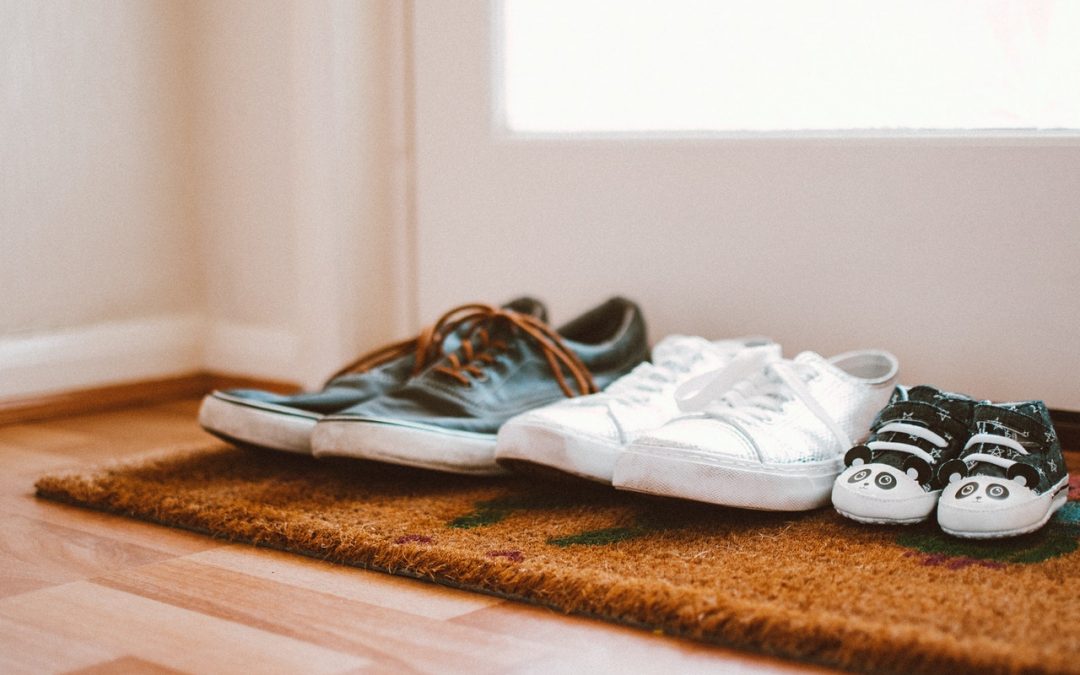It may surprise you to learn that the air inside your home might be more hazardous than the air outdoors. A variety of factors contribute to poor indoor air quality, including external pollutants, poor quality building materials, emissions from heating and cooling systems, and chemicals found in household cleaners. They can cause a variety of health concerns, including eye irritation, asthma, allergies, colds and flu, lethargy, headaches, respiratory disorders, and heart disease.
Here, we look at some ways that you can protect your health by improving your indoor air quality.
One – Indoor Plants
Including houseplants in your living areas is one of the most straightforward and natural methods to improve the quality of the air you breathe. Plants not only provide charm and brightness to a space, but they also work as natural air purifiers, removing toxins from the air you breathe as they grow. Some plants have the ability to increase the amount of oxygen in the air. Bamboo palm, English ivy, gerbera daisy, succulents, and various species of dracaena are just a few of the top plants to use in your home or garden.
Two – Take Off Your Shoes
Pollutants, dirt, and other allergens enter your home through the bottoms of your shoes, which is one of the most common entry points for these contaminants. Making sure that guests take their shoes off before entering your home is a simple method to keep debris out of your living space and maintain it clean. Simply place a boot tray or shoe rack near your front door to collect shoes and keep pollutants from entering your home from the outside.
Three – Maintain Your HVAC System
Another simple and efficient strategy to improve indoor air quality is to have a qualified HVAC professional perform routine system maintenance for you. A badly maintained HVAC system not only has a detrimental influence on the air quality in your house, but it can also have a severe impact on your health. It is possible that airflow through the system will be hindered if simple HVAC maintenance, such as changing the air filter, is not completed. The air you breathe will continue to contain allergies and other poisons because of this restriction.
Aside from that, failing to perform routine HVAC system maintenance can result in a variety of problems, including leaks, malfunctioning components, filthy coils, and other issues. These problems can impair your system’s capacity to cool your home and maintain adequate humidity levels, perhaps resulting in the growth of hazardous biological organisms in your residence. If you are worried about your air-con system, call out a 24-hour AC service.
Four – Keep Your Home Clean
When you clean your home regularly, you can quickly improve the quality of the air inside your home’s walls and ceilings. Allergens such as dust mites, animal dander, and pollen collect on your flooring, which is especially true if you have carpets or rugs on your floors. These allergies can be readily eliminated by sweeping, vacuuming the carpet and any upholstered furniture, washing the drapes, and dusting on a regular basis. Always use a vacuum cleaner that has a removable and washable filter, and that does not blow any dust or dirt back into the air after it has cleaned the area.
Improving the indoor air quality of your home is a straightforward process. You may enhance the quality of the air you breathe indoors and avoid health problems by making a few easy modifications to your housekeeping routines.
Want to love every part of your life ?
Snag a free workbook and get inspiration on all the ways to love your life even more.
>>Read more Career Advice from a Life Coach that’s Reinvented Herself Multiple Times<<









